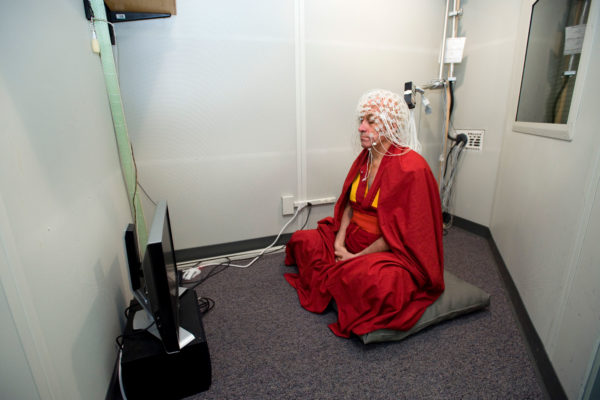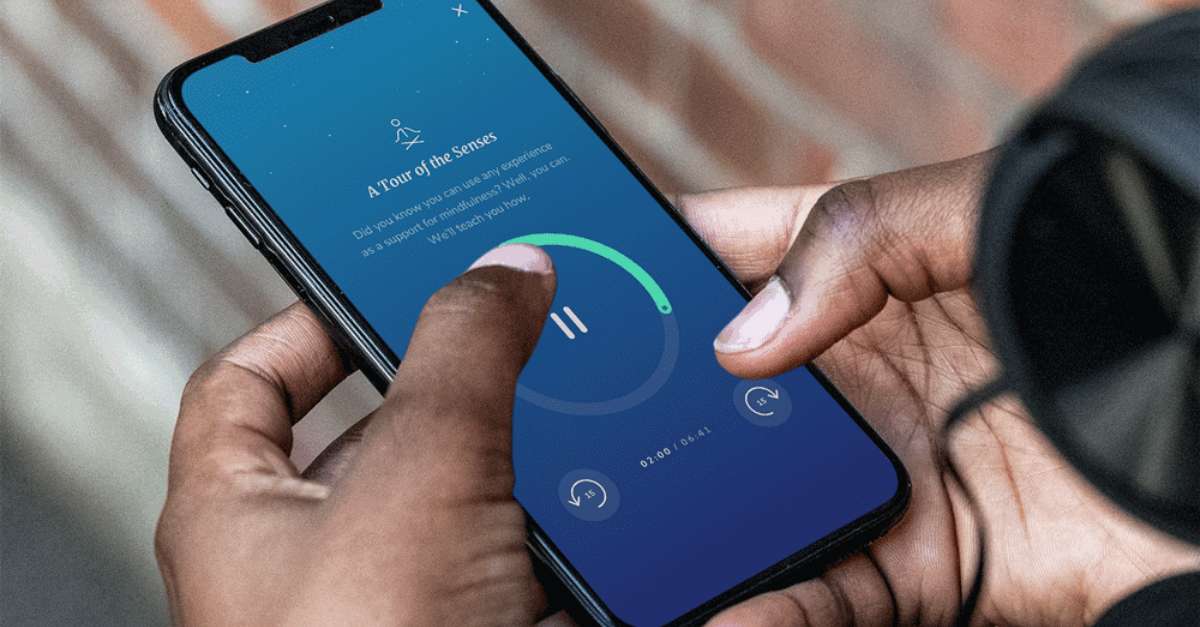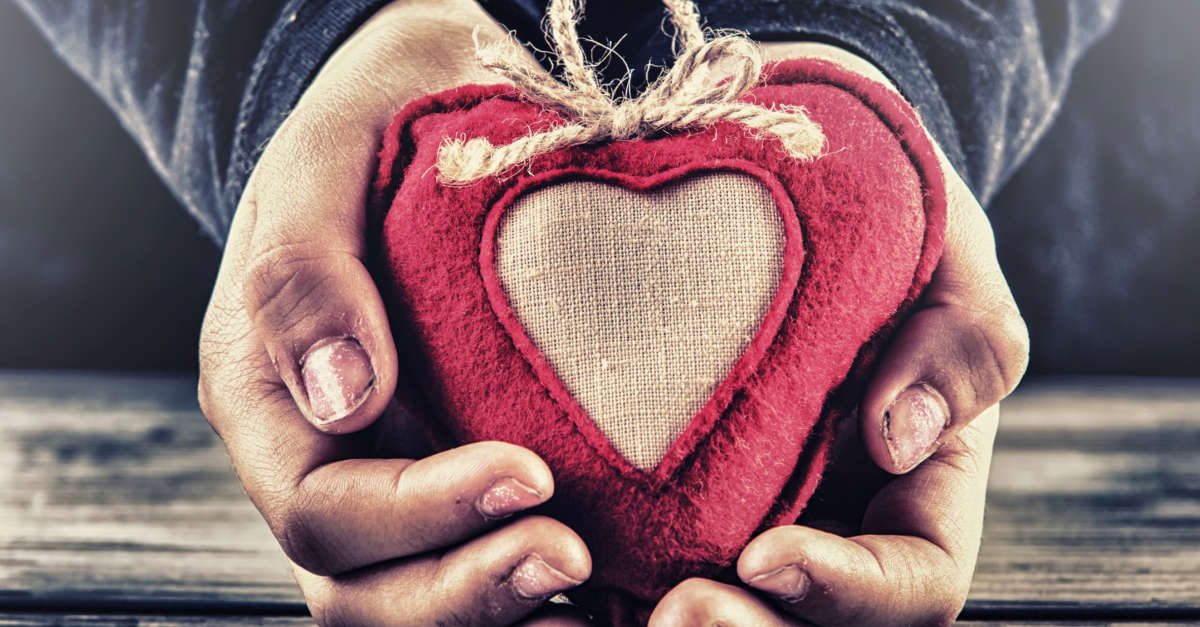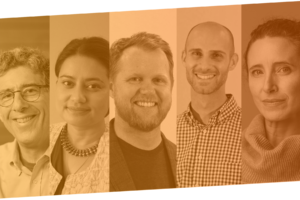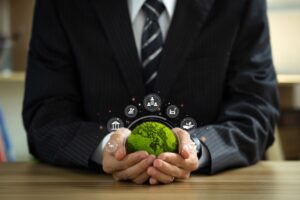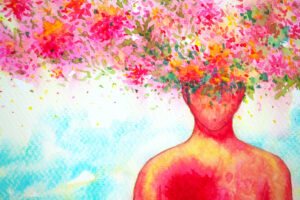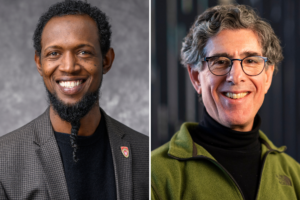Such evidence – along with other research generated by the scientific community – has fueled the Dalai Lama’s promotion of “secular ethics,” which are altruistic values deep-seated in human nature that anyone can nurture, regardless of background or religion. The Dalai Lama described mental training, including meditation practice, as a transformative tool that can not only sharpen the mind, but also increase people’s altruism and compassion toward each other.
The Dalai Lama and Davidson have explored how these practices can best serve others and how every human being shares the same wish to be happy and to be free of suffering. Davidson says his aspiration is that someday mental exercise of this kind will be as commonly practiced as brushing one’s teeth, and if people took just a few minutes each day to nurture positive qualities of mind, the world would be a very different place.
This is one reason why the Dalai Lama thinks a new form of education is needed that focuses on the mind, emotion and a person’s inner world. Often these insights are outcomes of practicing various forms of meditation, and there are numerous tools available online to practice mental training, including Davidson’s Healthy Minds Program (led by the nonprofit he founded Healthy Minds Innovations) and Harris’ meditation platform Ten Percent Happier. Both mobile apps have been offering free meditation practices and mental health tools during the pandemic.
In addition, grief and other negative emotions have overwhelmed many around the world. Harris, who lives in New York City, which has been particularly hard-hit by COVID-19 in the United States, reflected on the different ways grief can take shape. Because of the risks of coronavirus to others and the number of people sick, many people are unable to say goodbye to loved ones. Millions of others are also grieving about losing their previous life, which has been upended by the pandemic.
How can the world process such grief?
The Dalai Lama reiterated that despite the deep sadness, there are glimmers of hope and opportunities to expand care for the whole world.
“Taking care of others is actually taking care of yourself,” he said, noting that the best way to take care of your own happiness is to take care of one’s community.
ABC News Live and Good Morning America recently featured the video conversation and a longer-form interview is available on the Ten Percent Happier podcast.
-Marianne Spoon
